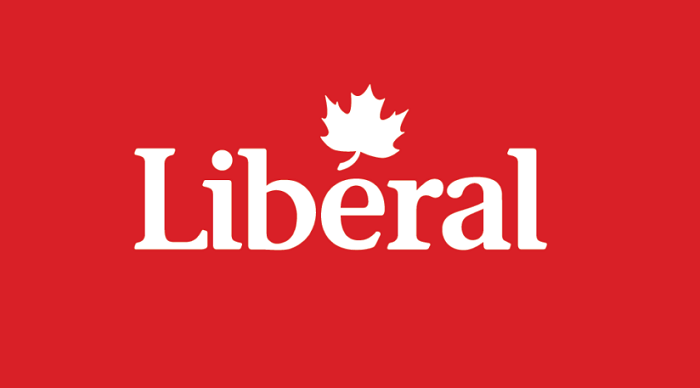Liberal DefinitionLiberalism is the idea of understanding one's freedom. "Liberalism" is derived from the Latin word "Liber," which means free. Liberalism can be in political affairs or one personal life, depending on the fact that it should be understood fairly by everyone. The philosophy of liberalism mainly points out the authority of law, justice, and equality. The core meaning of liberalism emphasizes the idea of one's feeling of being free. The liberties that are stated in liberalism include freedom of speech, religion, and censorship. A person who believes and follows liberalism is entitled to be a liberal. 
Aspects of Liberalism
Classical LiberalismThe political ideology of the 18th and 19th centuries states the political and social changes as the principles of classical liberals: Individual liberty, constrained government, and a free-market economy have significantly influenced contemporary political theory. Key Characteristics of Classical Liberalism
Modern LiberalismThe political philosophy known as modern liberalism developed from traditional liberal thought, which first appeared in the 18th century. Compared to conventional liberalism, modern liberalism places more value on fairness, equity, and government involvement in the economy. Additionally, civil rights and social justice topics like immigration reform, LGBTQ rights, and women and racial equality are strongly emphasized by contemporary liberalism. They think that the state is responsible for upholding the rights and liberties of all people and advancing an economy that is more than just equitable. Regarding foreign policy and affairs of the general support of international cooperation, they also believe in the importance of diplomacy and peaceful conflict resolution. They think international cooperation is necessary to address global issues like economic injustice and climate change, and they support international organizations like the United Nations and the World Trade Organization. Why is Liberalism Important?Individual liberties and rights are highly valued by liberalism, which includes freedom of speech, freedom of religion, and freedom of association. This is significant because it allows people to express themselves, pursue their interests and aspirations, and live without the state or other people interfering too much. 
Liberalism also emphasizes the significance of the rule of law and limited government. This indicates that the scope of the executive branch is constrained and that all citizens, regardless of income or social standing, are subject to the same laws. This ensures that everyone is treated equally and justly following the law and helps avoid the misuse of power. Liberalism is also connected to innovation and advancement since it enables people to explore novel concepts and question long-held beliefs. This can improve science, technology, and culture and improve people's quality of life worldwide. Finally, liberalism places a high importance on tolerance and variety, acknowledging that individuals originate from all origins, hold various opinions and values, and may even lead various lifestyles. This can lessen disputes and tensions between various societal groups and enhance social cohesiveness and understanding. Liberalism promotes free markets and competition, which can lead to economic prosperity and growth. By allowing individuals and businesses to pursue their interests and make their own economic decisions, liberalism creates an environment in which innovation and entrepreneurship can flourish. This can increase economic opportunities for individuals and help raise living standards for all. Liberals also understand how critical it is to safeguard our planet and advance environmentally friendly growth. Liberalism may contribute to ensuring that we leave habitable earth for future generations by supporting innovation and investment in solar power and other ecologically friendly technology. Liberalism in IndiaIndia's liberal democratic system was created in 1947 after gaining independence against British colonial rule. Freedom of speech, expression, and religion are among the many personal liberties guaranteed by the 1950-adopted Indian Constitution. These liberal values characterize India's political, economic, and cultural structures. The nature of democracy in India has come under increasing scrutiny in recent years, with some opponents claiming that the development of Hindu nationalism and the suppression of dissent have undermined it. Others contend that despite these difficulties, India's liberal heritage is still robust. ConclusionLiberalism is an approach to politics and society that emphasizes respect for human dignity, equality, and the rule of law. It emphasizes how crucial it is to safeguard individual liberties and rights, support free markets, and keep the government in its proper place. The history of liberalism is extensive and nuanced and has been used differently in many political and cultural settings. Liberal thought continues to be a powerful and important worldview worldwide, despite disagreements and challenges to its principles and practices.
Next TopicPromotion Definition
|
 For Videos Join Our Youtube Channel: Join Now
For Videos Join Our Youtube Channel: Join Now
Feedback
- Send your Feedback to [email protected]
Help Others, Please Share










